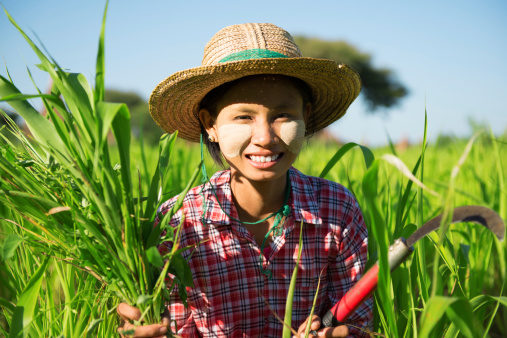London—Although about 70% of the work done in agriculture is performed by women, their contributions often go unrecognized and underpaid, according to a new report collaborated on by the ethical trade group Twin and the Fairtrade Foundation, both based here. Empowering Women Farmers in Agricultural Value Chains details the glass ceiling women farmers face in the food industry, and what can be done to improve their status.
Through an analysis of interviews with 14 agricultural groups in Ghana, India, Malawi, Nicaragua, Peru and Rwanda, the report’s authors show that despite being active at all stages of food and ingredient production, women face obstacles in terms of the actual sale of agricultural products. These tasks are taken up by men in almost all cases, who likewise retain most of the control over household incomes.
Women tend to provide a majority of the labor that goes into food production. In addition to planting and harvesting alongside men, they tend to take lead roles in the processing stage, where the report states much of the value and quality of food is determined. These tasks include shelling and grading nuts, fermenting and drying coffee and fermenting cocoa. Yet, there are barriers facing women who would like to own land, which can make obtaining credit and gaining membership in producer trade groups difficult.
Nicolas Mounard, managing director of Twin, said, “We see on the ground that investing in women and giving them leadership opportunities results in smarter, better use of money—both in producer organisations and in the home.” Some recommendations made to businesses by the report were to develop gender policies that recognize the role of women in corporate value chains, to encourage suppliers to commit to equal representation for women in producer groups and to share business expertise and invest in income-generating initiatives targeted to women.
Published in WholeFoods Magazine, December 2013










